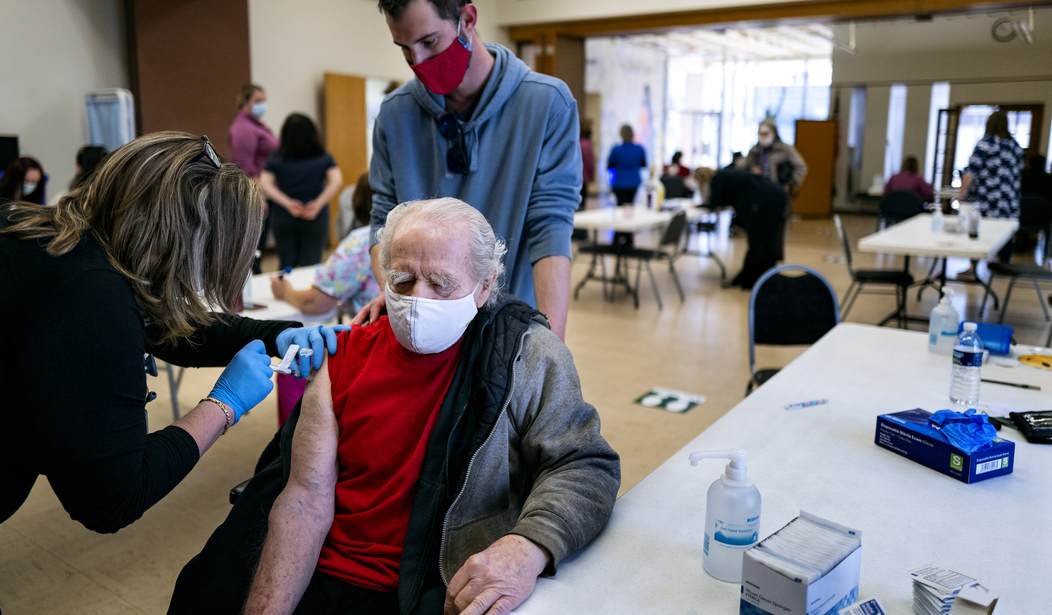Under pressure from poorer nations, Joe Biden announced his administration will send at least 60 million doses of the AstraZeneca vaccine to other countries. Although the AstraZeneca vaccine is not approved for use in the U.S., the FDA is expected to greenlight the production and distribution of the vaccine within weeks.
The AstraZeneca vaccine has had its problems. Its distribution has been suspended in many EU countries because of potentially deadly side effects, including blood clots.
The company is using Emergent Biosolutions to manufacture the serum — the same company being used by Johnson & Johnson to make their vaccine. Last month, it was discovered that about 15 million doses of J&J vaccine had been ruined because the company mistakenly mixed ingredients with the AstraZeneca vaccine.
The White House took pains to stress that the move will not affect the United States’ internal vaccination drive. “We do not need to use AstraZeneca in our fight against covid,” press secretary Jen Psaki told reporters, noting that the domestic U.S. push relies on vaccines made by other companies.
It is not clear how many of the AstraZeneca doses would go to India, but in the interim the United States announced other actions to help the struggling country, including sending raw materials to help India make its own vaccine.
The AstraZeneca vaccine has unknown effectiveness against the growing number of variants and its overall efficacy has been questioned after the company jumped the gun and announced results that ended up being inflated.
The European Union is suing the company for missed delivery targets, and South Africa stopped using the vaccine after a small trial found it was not effective against the dominant variant in the country. The E.U. also temporarily paused distribution of the vaccine while it investigated the blood clots associated with it, before ultimately resuming injections.
The U.S. has ten million doses on hand and another 50 million in production. With the Moderna and Pfizer vaccines now in plentiful supply, and the J&J vaccine once again approved for distribution after a short pause to confirm its safety, the bottom line is that the U.S. doesn’t need the AstraZeneca vaccine.
But other nations do. India is in the midst of a devastating second wave that has already overwhelmed hospitals and morgues. The country recorded more than 323,000 positive tests yesterday, down from record highs last week. The U.S. numbers continue to fall, with 35,000 infections reported yesterday.
The Biden administration also announced that in addition to the doses of vaccine the U.S. will send around the world, they have worked out a deal with India to manufacture the AstraZeneca vaccine locally.
Instead, the United States will supply India with raw materials to manufacture the AstraZeneca vaccine on its own. It is also sending ventilators, personal protective equipment, oxygen-related supplies and therapeutic medicines. An American “strike team” of health experts will deploy to India to help fight the outbreak.
It appears that wealthier nations were able to strike deals with vaccine manufacturers and have scooped up the lion’s share of available serum. But by mid-summer, the U.S. will probably have hundreds of millions of doses to spare. It’s not likely that there will be many U.S. residents who haven’t received the vaccine who want it by then.









Join the conversation as a VIP Member